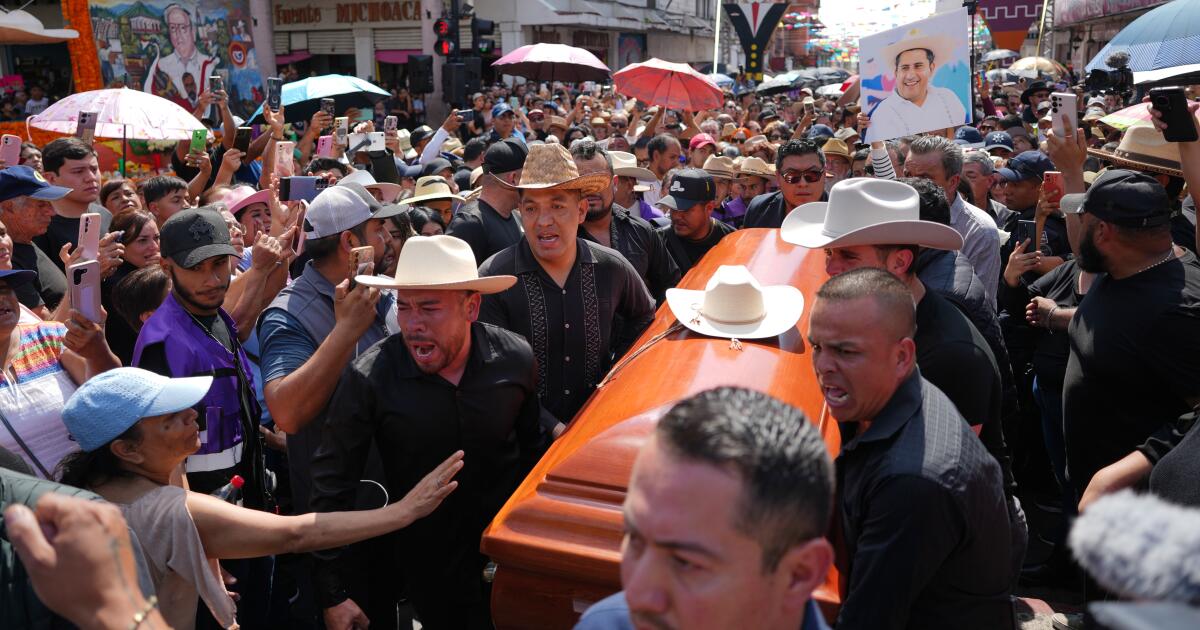Over the past week, you may have come across headlines like this: “Bill Gates bends the knee on climate change,” or “The week Bill Gates backtracked on climate change — and sent eco fanatics into meltdown,” or even “Bill Gates gives up on climate change.”
But did the Microsoft co-founder and philanthropist really say climate change isn’t important?
The whole discussion started due to a poorly timed memo — issued by Gates on the very day that Jamaica was devastated by a powerful Category 5 hurricane.
It begins with this: “There’s a doomsday view of climate change that goes like this:
“In a few decades, cataclysmic climate change will decimate civilization. The evidence is all around us — just look at all the heat waves and storms caused by rising global temperatures. Nothing matters more than limiting the rise in temperature.
“Fortunately for all of us, this view is wrong. Although climate change will have serious consequences — particularly for people in the poorest countries — it will not lead to humanity’s demise. People will be able to live and thrive in most places on Earth for the foreseeable future.”
The memo, posted on his GatesNotes site ahead of the upcoming COP30 climate conference, goes on to suggest that the climate community is too focused on temperatures and emissions and is taking resources away from ways to improve human suffering like poverty and hunger.
It has sent climate scientists reeling, while climate change skeptics claimed victory.
U.S. President Donald Trump even posted on his Truth Social platform: “I (WE!) just won the War on the Climate Change Hoax. Bill Gates has finally admitted that he was completely WRONG on the issue. It took courage to do so, and for that we are all grateful.”
On Monday, Gates told Axios that Trump’s take was a “giant misreading of the memo.”
And that’s a fair response since he further states in his memo: “To be clear: Climate change is a very important problem. It needs to be solved … Every tenth of a degree of heating that we prevent is hugely beneficial because a stable climate makes it easier to improve people’s lives.”
Hurricane Melissa barrelled into Jamaica with 320 km/h winds and torrential rain, knocking out power and causing catastrophic structural damage.
On a panel hosted by Covering Climate Now held on Tuesday about Gates’s memo, Katharine Hayhoe, a climate scientist and professor at Texas Tech University, said that Gates saying it won’t be the end of humanity isn’t wrong.
“I have not seen a single scientific paper that ever posited that the human race would become extinct any time in this century or even a couple of centuries to come due to climate change.”
Zeke Hausfather, a research scientist at Berkeley Earth agrees.
“I think he’s saying that it’s not, by itself, an existential threat. And I don’t think he is necessarily wrong there, but I also think an existential threat is an absurdly high bar to hold any problem to,” he told CBC News.
Climate scientists haven’t been saying that governments and organizations shouldn’t work to help tackle poverty and malnutrition, they say climate change is part of that discussion on bettering lives for the most vulnerable.
“All too many people including Bill Gates … see climate change as one more bucket at the end of a long line of buckets of things we need to fix,” Hayhoe said.
“So there’s the poverty bucket, the hunger bucket, the disease bucket … the education bucket and all of these other buckets. Then you’ve got climate change. And his point is, and he literally is saying this, we don’t have enough time and money to get all the way down the buckets to the climate change bucket.”
While Hayhoe acknowledges that Gates said climate change should be worked on, she sees his framing as problematic. Referring to her bucket analogy, she says climate change is the hole in all those buckets; that you can’t separate climate change from anything else that would help improve life for those living in poverty, especially since they are the ones who are most affected by climate change.
‘Nuanced assessment’
So, despite claims otherwise, Gates isn’t saying climate change isn’t a threat, but he is saying that perhaps it should take a back seat to providing much-needed food and funding for those living in poverty. And that’s what’s upsetting so many in the climate sphere.
But Hausfather believes Gates’s message is more nuanced, particularly when the U.S., which provides billions of dollars in aid around the world, has recently cut funding to its United States Agency for International Development. Other countries around the world, which provide less, have also scaled back contributions to the World Bank.
“I think this memo, and particularly the way it’s been interpreted by a lot of people, is seen as sort of an absolute prioritization of other things over climate, rather than a more nuanced assessment of, in a world of more limited resources where the U.S. and other countries are cutting back on international aid, how do we best support people and relieve suffering and promote human flourishing? And so I think that’s an important nuanced debate.”
Climate change is most affecting those living in poverty, experts say: more frequent droughts makes it impossible to grow crops; flooding has a similar effect and can increase disease outbreaks; stronger hurricanes destroy homes and infrastructure.
Without working toward solutions focusing both on mitigation and adaption, those living in poverty will continue to be the most vulnerable, even though they aren’t responsible for the massive greenhouse gas emissions that are causing the issue in the first place.
“We can chew gum and walk at the same time ,” Hausfather said.




